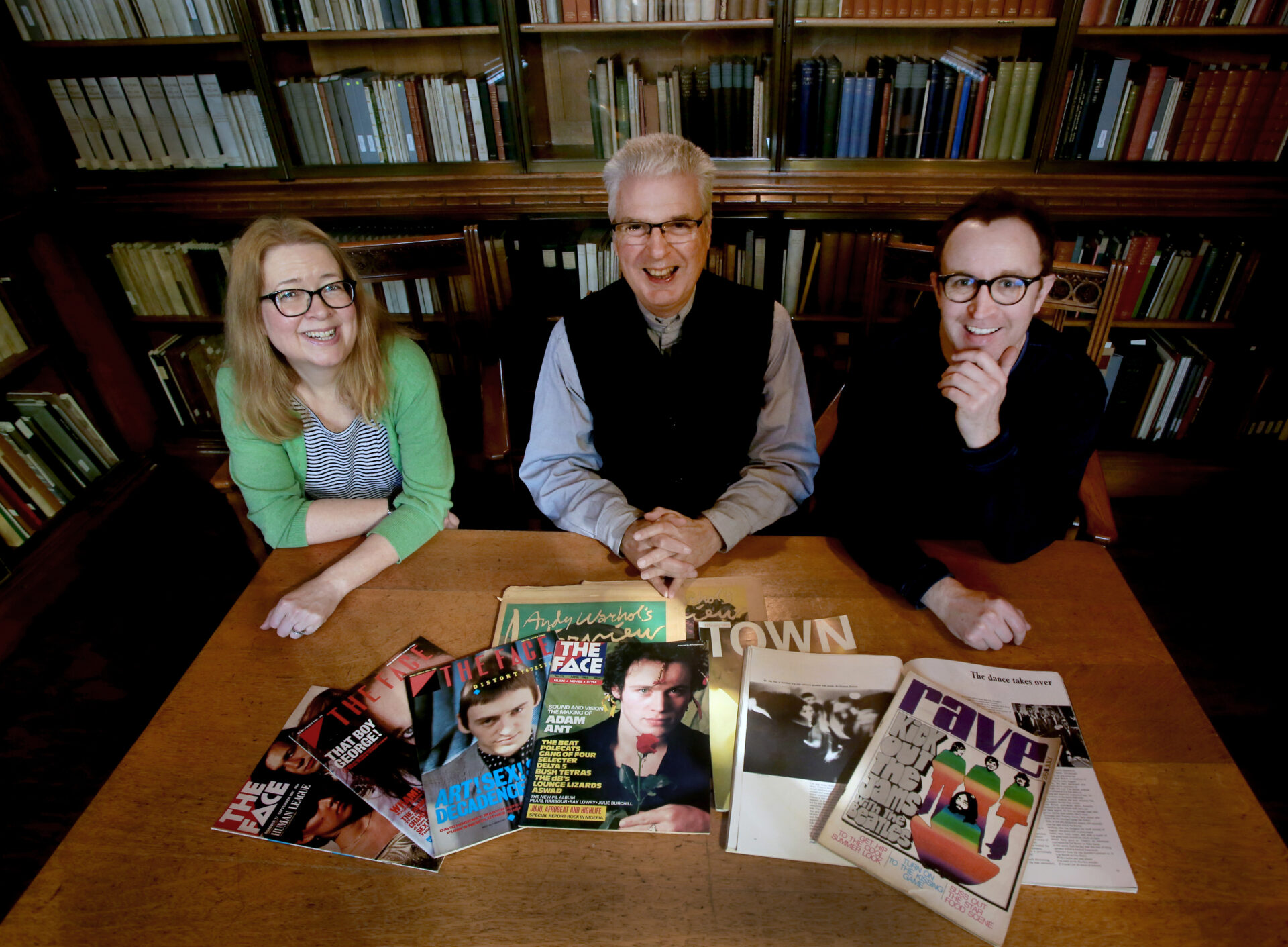Sex Pistols and Joy Division to feature in new British Pop Archive
By Nick Reilly

The creation of a new British Pop Archive in Manchester has been announced, providing a comprehensive history of some of the city’s most famous bands.
The new archive is set to be housed at the John Rylands Research Institute and Library at the University of Manchester and is described as “a national collection dedicated to the preservation and research of popular culture.”
The BPA’s first exhibit will debut on May 19 and is called “collection”. It is described as “a distinctively Manchester-flavoured exhibition, underlining why the city is the perfect home for the British Pop Archive.”
Featuring key artefacts from the likes of New Order, Sex Pistols and Joy Division, the new archive is led by British Pop Archive curator Mat Bancroft, writer Jon Savage and Hannah Barker.
“The exhibition features iconic items from British pop history, many of which have never been seen by the public. Highlights include personal items relating to The Smiths, New Order, The Haçienda, Factory Records, Granada Television and Joy Division,” a press release confirms.
A visual taste of the new archive can be viewed in full below.
Professor Christopher Pressler, Director of The University of Manchester Library, said: “The John Rylands Research Institute and Library is one of the acknowledged great libraries of the world. This position is founded on our astonishing special collections and archives. Whilst we continue to work on materials in every format and every language from five thousand years of human history it is critical that we also engage with our own time.
“The British Pop Archive is part of our desire to reach into areas not always associated with major research libraries, including pop music, popular culture, counter-culture, television and film. This is a national archive held in Manchester, one of the most important centres of modern culture in the world.”
